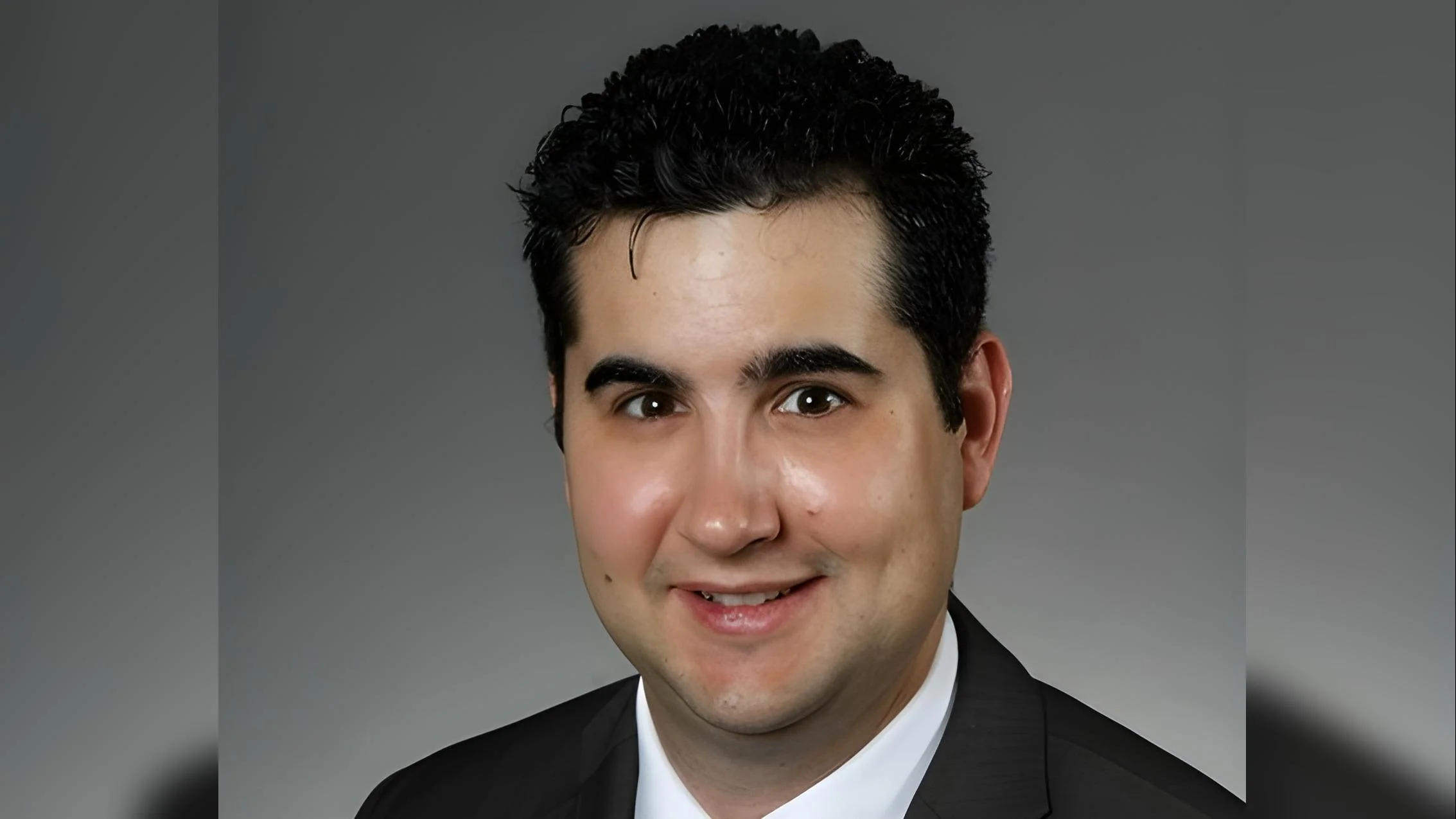Tochuwku Albert Nnebocha, a 43-year-old Nigerian national, has been extradited from Poland to the United States to face federal charges related to an alleged inheritance fraud scheme targeting elderly Americans. Nnebocha appeared in federal court in Miami following his arrest by Polish authorities in April 2025, which was based on an indictment filed in the Southern District of Florida.
Court documents state that Nnebocha is accused of participating in a transnational criminal organization that operated for more than five years. The group allegedly sent personalized letters to seniors across the U.S., falsely claiming to represent a Spanish bank and informing recipients they were entitled to multimillion-dollar inheritances from supposed deceased relatives. Victims were instructed to send money for delivery fees, taxes, and other payments before receiving their inheritance. According to the indictment, these funds were routed through a network of former victims who had been convinced to forward money on behalf of the defendants. Those who paid never received any inheritance.
Nnebocha faces charges including conspiracy to commit mail and wire fraud, as well as individual counts of mail fraud and wire fraud. He made his initial appearance before U.S. Magistrate Judge Enjolique Lett. If convicted, he could face up to 20 years in prison. Sentencing will be determined by a federal district court judge after consideration of sentencing guidelines and statutory factors.
Two co-defendants have already pleaded guilty and been sentenced for their roles in the scheme. Okezie Bonaventure Ogbata, extradited from Portugal, and Ehis Lawrence Akhimie, extradited from the United Kingdom, were each sentenced by U.S. District Judge Roy K. Altman to 97 months in prison.
The investigation is being conducted by the United States Postal Inspection Service (USPIS) and Homeland Security Investigations (HSI).
The Department of Justice highlights this case as part of broader efforts to protect American seniors from scams originating both domestically and abroad. These efforts address various types of schemes such as romance frauds—where perpetrators feign romantic interest for financial gain—lottery scams that trick victims into paying fake fees for non-existent prizes, tech support frauds involving false claims about computer problems, and grandparent scams where scammers impersonate family members needing emergency funds.
Senior Trial Attorney and Transnational Criminal Litigation Coordinator Phil Toomajian and Trial Attorney Josh Rothman are prosecuting the case on behalf of the Justice Department’s Consumer Protection Branch. Several agencies contributed assistance including the Criminal Division’s Office of International Affairs, U.S. Attorney’s Office for the Southern District of Florida, FBI Legal Attache in Poland, INTERPOL, and Polish authorities.
Individuals aged 60 or older who believe they have been victims of financial fraud can contact the National Elder Fraud Hotline at 1-833-FRAUD-11 (1-833-372-8311), operated by the U.S. Department of Justice's Office for Victims of Crime Monday through Friday between 10:00 a.m. and 6:00 p.m. ET.
Additional resources regarding elder justice initiatives are available on the Department’s Elder Justice Initiative webpage (https://www.justice.gov/elderjustice). Information about consumer protection enforcement can be found at www.justice.gov/civil/consumer-protection-branch (https://www.justice.gov/civil/consumer-protection-branch). Complaints related to elder fraud may also be filed with the Federal Trade Commission at www.ftccomplaintassistant.gov or by calling 877-FTC-HELP (https://www.ftccomplaintassistant.gov).
The Department of Justice offers further resources through its Office for Victims of Crime at www.ovc.gov (https://ovc.ojp.gov/). Related court documents can be accessed via www.flsd.uscourts.gov or http://pacer.flsd.uscourts.gov under case number 24-cr-20140.
"An indictment is merely an allegation. All defendants are presumed innocent until proven guilty beyond a reasonable doubt in a court of law."
###





